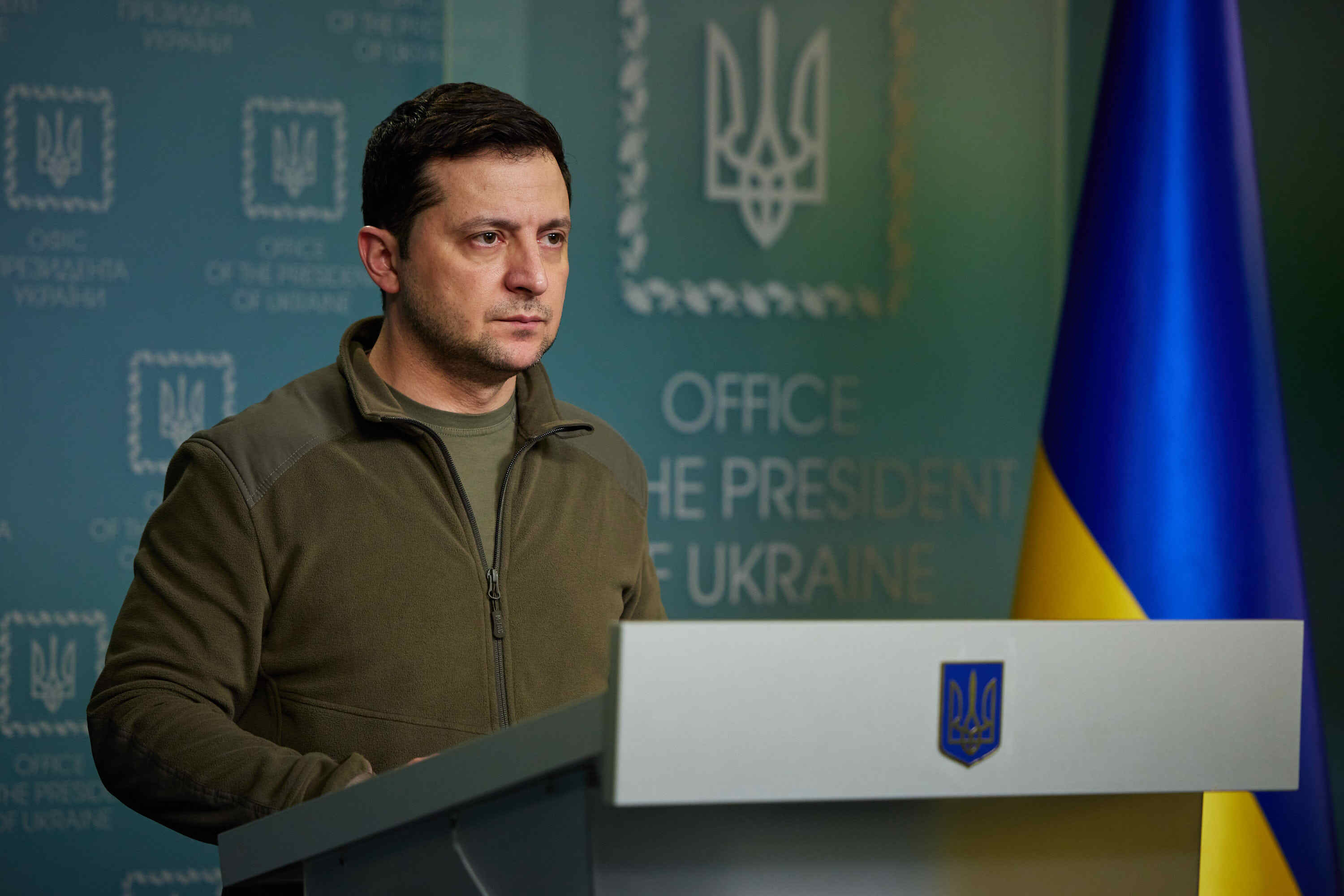Ukraine’s government has raised more than $10 million in cryptocurrency donations, turning to an unlikely crowdfunding method to help it get through a brutal invasion from Russia.
The official Twitter account of the Ukrainian government on Saturday posted addresses for two crypto wallets, one accepting only bitcoin and the other taking ether and tether, a token that tracks the value of the U.S. dollar.
As of Sunday, those wallets have attracted $10.2 million worth of crypto, according to research from blockchain analytics firm Elliptic. That’s on top of the millions in digital currency donated to nongovernmental organizations supporting the Ukrainian military.
About $1.86 million of the money donated to Ukraine’s government was generated through the sale of a non-fungible token, or NFT, originally intended to raise funds for WikiLeaks founder Julian Assange, Elliptic said.
NFTs are unique digital assets designed to represent ownership of virtual items, such as artwork or video game characters.
The development shows how Ukraine is turning to crypto for assistance during Russia’s military offensive in the country, which began on Thursday.
Come Back Alive, an NGO that provides equipment to the Ukrainian military, has accepted crypto donations since 2018. It has raised millions of dollars worth of digital currency since Russia’s invasion began.
Total crypto donations to the Ukrainian government and NGOs supporting the military now stand at $16.7 million, according to Elliptic.
“Cryptoassets such as Bitcoin have emerged as an important alternative crowdfunding method,” Tom Robinson, Elliptic’s chief scientist, wrote in a blog post on Sunday. “They allow quick, cross-border donations, which bypass financial institutions that might be blocking payments to these groups.”
Come Back Alive had its Patreon fundraising page suspended this week, with the company saying it “does not allow any campaigns involved in violence or purchasing of military equipment.” Patreon lets users receive a monthly income through paid subscriptions.
The Ukrainian military initially suggested it could not accept funds in digital currencies on bitcoin, with a statement on the government’s website saying “national legislation does not allow the Ministry of Defense of Ukraine to use other payment systems (‘Webmoney,’ ‘Bitcoin,’ PayPal,’ etc.).”
The government appears to have relaxed this stance, however.
Separately Sunday, Ukrainian Minister of Digital Transformation Mykhailo Fedorov called on major crypto exchanges to block payments to Russian users.
“It’s crucial to freeze not only the addresses linked to Russian and Belarusian politicians but also to sabotage ordinary users,” Fedorov tweeted.
The U.S., European allies and Canada on Saturday agreed to remove certain Russian banks from Swift, the interbank messaging system. They also agreed to prevent Russia’s central bank from deploying its international reserves in ways that may undermine sanctions.
